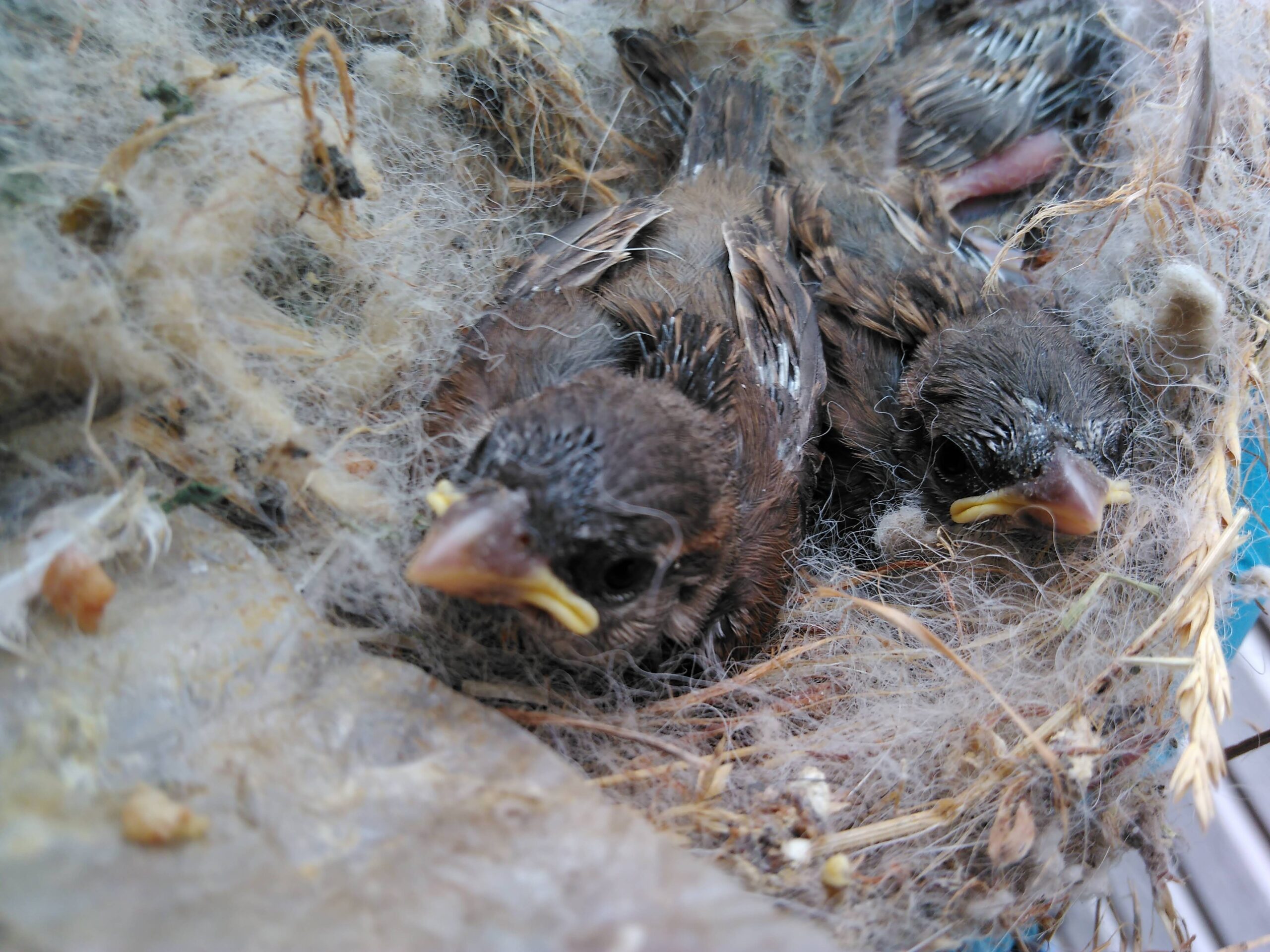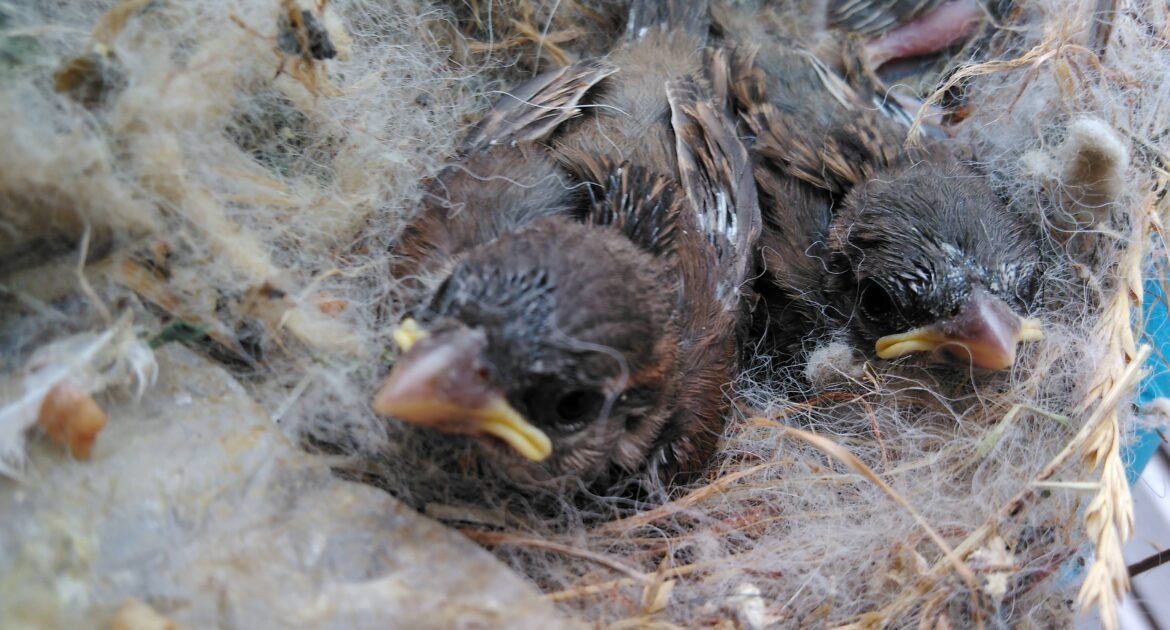The image of a songbird pulling up a nice, juicy worm from the ground is iconic in the public imagination, but do birds really do this, or is it one of many myths that persist about the animal kingdom? It is true that birds eat worms. However, not all birds eat worms, and birds that do eat worms also eat other things as well. If birds have gotten into your home and are causing problems, you can call wildlife control in Vaughan. In the meantime, here is some more information about how and why birds eat worms.
What Types of Birds Eat Worms?
The only types of birds that eat worms are omnivorous, meaning that they eat both plants and animals. Birds that are herbivorous, i.e., only eat plant matter such as seeds or nectar, do not eat worms. Neither do birds that are carnivorous, meaning that they only eat meat, such as eagles and most other birds of prey. Examples of birds that eat worms include wrens, plovers, killdeers, woodcocks, and thrushes, including the American robin.
While most birds of prey are carnivorous and do not eat worms, the Eastern screech owl is an exception. It is omnivorous and therefore eats worms. There are also examples of birds that don’t eat worms themselves as adults but that hunt and catch worms to feed to their babies after their eggs hatch.
Are Worms Healthy for Birds?
Worms are very healthy for omnivorous birds, which is part of the reason that they eat them. If a bird is eating a diet of mostly plant material, it may be missing out on protein, and worms are a good source of it to help it balance out its diet. Worms also contain many more nutrients that are important in muscle and feather development, including calcium, copper, iron, magnesium, phosphorus, and potassium. It is very important for young birds to receive these nutrients while they are still growing, which is why birds may feed worms to their babies even if they do not eat them themselves.
What Are Some Ways That Birds Benefit by Eating Worms?
In addition to being healthy, worms are a plentiful source of food for birds that can eat them. When other sources of food become scarce, omnivorous birds can keep feeding on worms to survive. It also appears that birds enjoy the taste of worms, but it is impossible to tell for sure.
How Do Birds Find Worms?
Birds have acute senses of vision, hearing, and touch. They use all three to help them find and catch worms, but they don’t use them all equally.
Birds primarily use their vision to locate worms. With monocular vision, the birds’ eyes can operate independently of one another. This means that they may cock their heads with one eye pointing down at the ground to get a better look at worm tails poking out of the soil.
Having spotted the worm, the birds can use their sense of touch through their feet to detect the movement of the worms beneath the soil or hear low-pitched noises produced by the soil being disturbed by worms as they move. These supportive senses help birds zero in on the worm’s location so they can catch them.
Should You Feed Worms To Birds?
If you have a pet bird in your home and it is of a species that can eat worms, it is appropriate to feed them. Worms are plentiful in pet stores because other types of pets, such as lizards, also eat them. However, wild birds are well-equipped to catch their own worms and do not need any help.
Why Should You Call Skedaddle for Wildlife Control in Vaughan?
Do-it-yourself bird removal is not a good idea because many species are protected by international treaties. Professional removal ensures that the birds are removed humanely in compliance with the law. Contact us for any issues you have with wildlife in your home.




